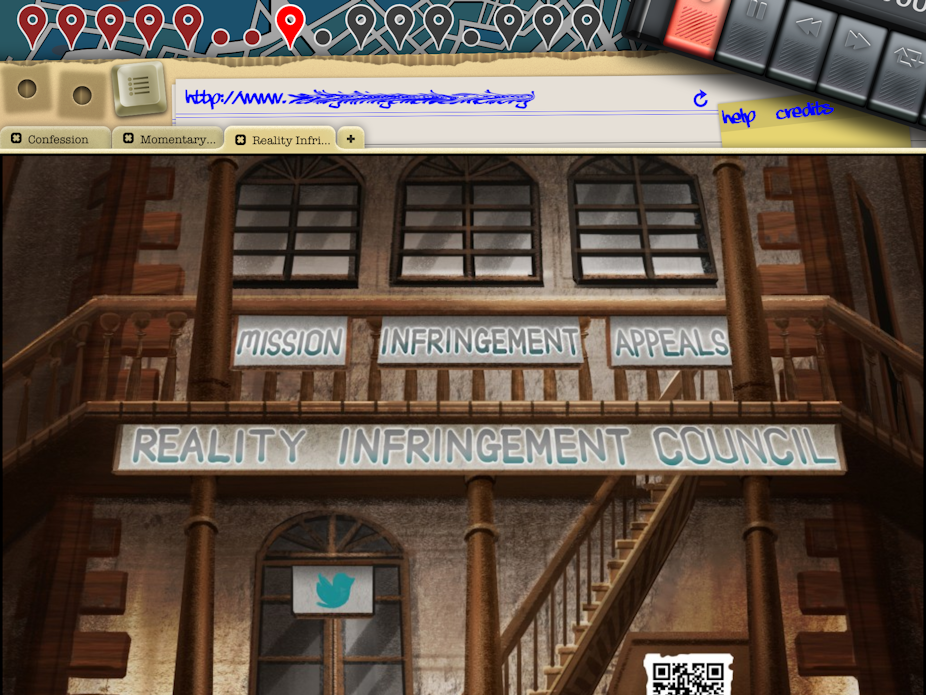I spent most of 2013 living overseas and from afar Australia’s beauty and its fault lines came into sharp focus.
In my reading I found myself searching for insight, and three Australian stories stood out to me in their willingness to approach uncomfortable topics, and the ways they elevated or innovated their form.
Kristina Olsson’s Boy, Lost

I read Kristina Olsson’s award-winning memoir over three days in Paris. More often than not the city played second fiddle to the book.
In 1950 Olsson’s mother Yvonne boarded a train at Cairns with her young son. She was fleeing an abusive husband and had summoned every bit of courage to leave. As she waited for the train to pull out of the station her husband boarded and snatched the baby from her arms.
Boy, Lost follows Yvonne as she creates a new family while living in the shadow of her lost first child. Olsson also patches together the heart breaking life of Peter: the boy lost.
The writing is beautiful and Olsson’s ability to capture a person or a moment is stunning – but it’s the fierceness and restraint she demonstrates in this memoir that makes it so moving.
The first time Yvonne sees Peter since that day on the train we are told:
and there it is sudden and cruel: the thirty-six years without her is manifest, tangible, in his limp, in his heavy built up shoe.
This is a hard story about domestic violence, poverty, injustice and grief. I found myself regularly sobbing quietly in cafes while reading it, not just for Olsson’s family but for a country that failed so many children and mothers for so long and the wounds that still exist because of it.
This is brave book that invites us to witness the most intimate moments of a family’s life and also challenges us to be a better society.
Thomas Keneally and Rosie Scott’s A Country Too Far

This collection of fiction, essays and poems was released in November 2013. Editors Thomas Keneally and Rosie Scott bring together some of Australia’s most respected writers to grapple with our apparent inability as a nation to deal with the issue of asylum seekers humanely and sanely.
As is often the case with collections, A Country too Far is a little hit and miss. However, there are far more hits and some of them are staggeringly good.
It is the fiction pieces in particular that bring to life the plights of asylum seekers. Fiction can deliver the reader into otherwise unknowable lives. It can force us to imagine outside ourselves and beyond our own experience.
It is always risky to write about the lives of others from a privileged point of view, but Debra Adelaide, Gail Jones, Rodney Hall and Rosie Scott deserve mention for doing a magnificent job of exposing the grinding daily humiliation faced by people who have already risked their lives in search of safety:
After a month you stopped asking what there was to do. The first time your uncle laughed at you and then, uncharacteristically savage in a low voice so Mani could not hear, told you, Stay Sane. And Shut Up. Just Shut Up. (from The Master Shavers’ Association of Paradise, by Debra Adelaide.)
The contributors to A Country Too Far show us that stories are able to bring us undone, and in that undoing can shift the way we perceive our place in the world.
Christy Dena’s AUTHENTIC IN ALL CAPS

After the sudden death of her mother in 2008, writer and interactive designer Christy Dena was faced with her own mortality and the question of whether she was living her life meaningfully and making the work she wanted to.
This period in her life compelled her to create AUTHENTIC IN ALL CAPS. Described as an audio web adventure, AUTHENTIC IN ALL CAPS tackles big existential questions in a playfully philosophical way that never compromises the intelligence of the work.
Dena is the first Digital Writer in Residence for the Australia Council for the Arts and the Queensland University of Technology at The Cube and has designed an app/web adventure that sits at the intersection of writing and design in a similar way to the BAFTA nominated narrative based Malcolm Tucker app from the UK.
The writing, the visuals and the music created for AUTHENTIC IN ALL CAPS are of the highest quality and are delightful to experience while they guide us through a search for identity and meaning. Dena genuinely breaks new ground in this project and makes it clear there is room in this space for bold, complex and uplifting stories.
Our stories – what we choose to tell and how we tell them – show us who we are. Ever since I was a child I have turned to stories to help me make sense of the world or to feel less alone, and in a year when I spent so much time away from home Boy Lost, A Country too Far and AUTHENTIC IN ALL CAPS managed to do both of those things.

